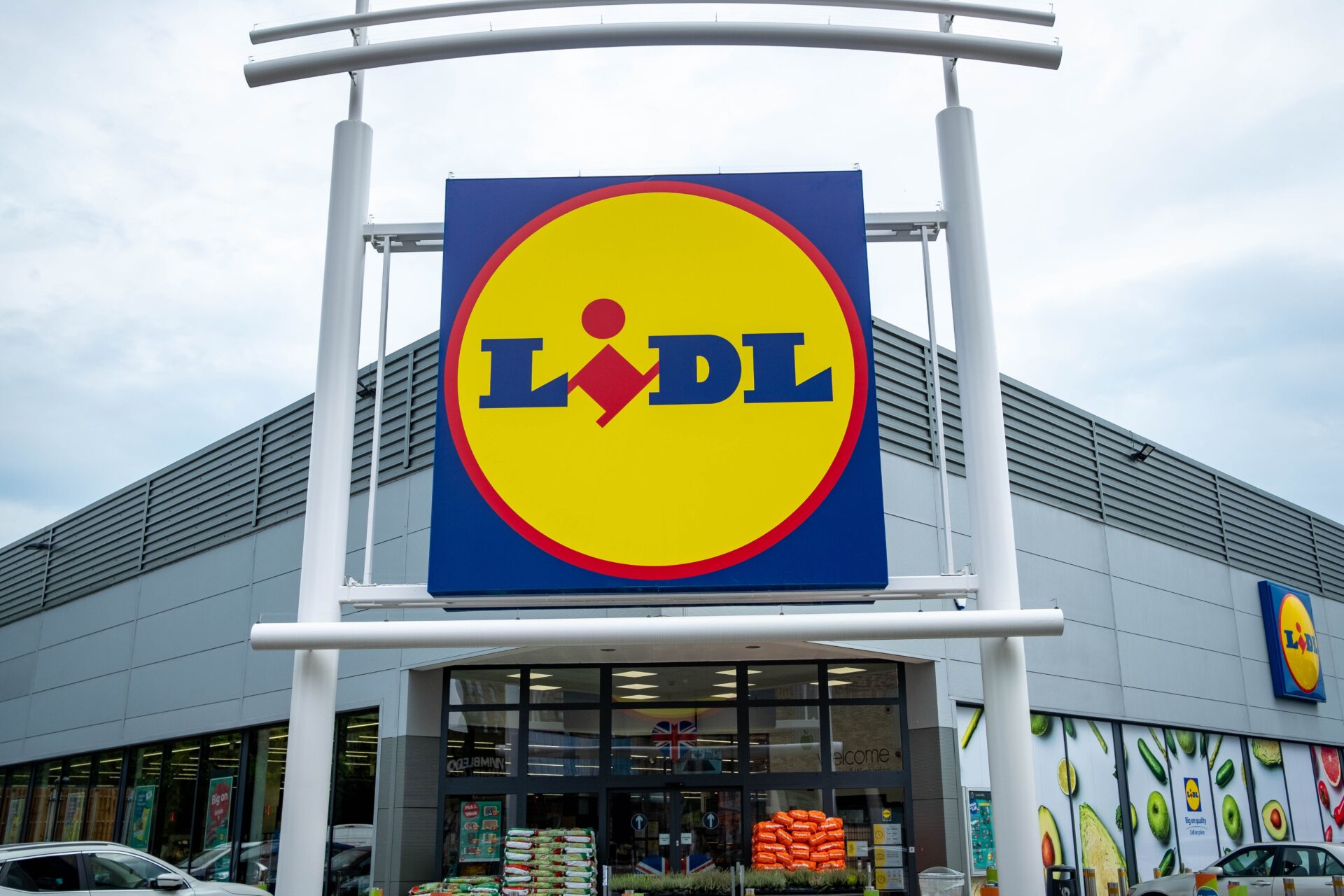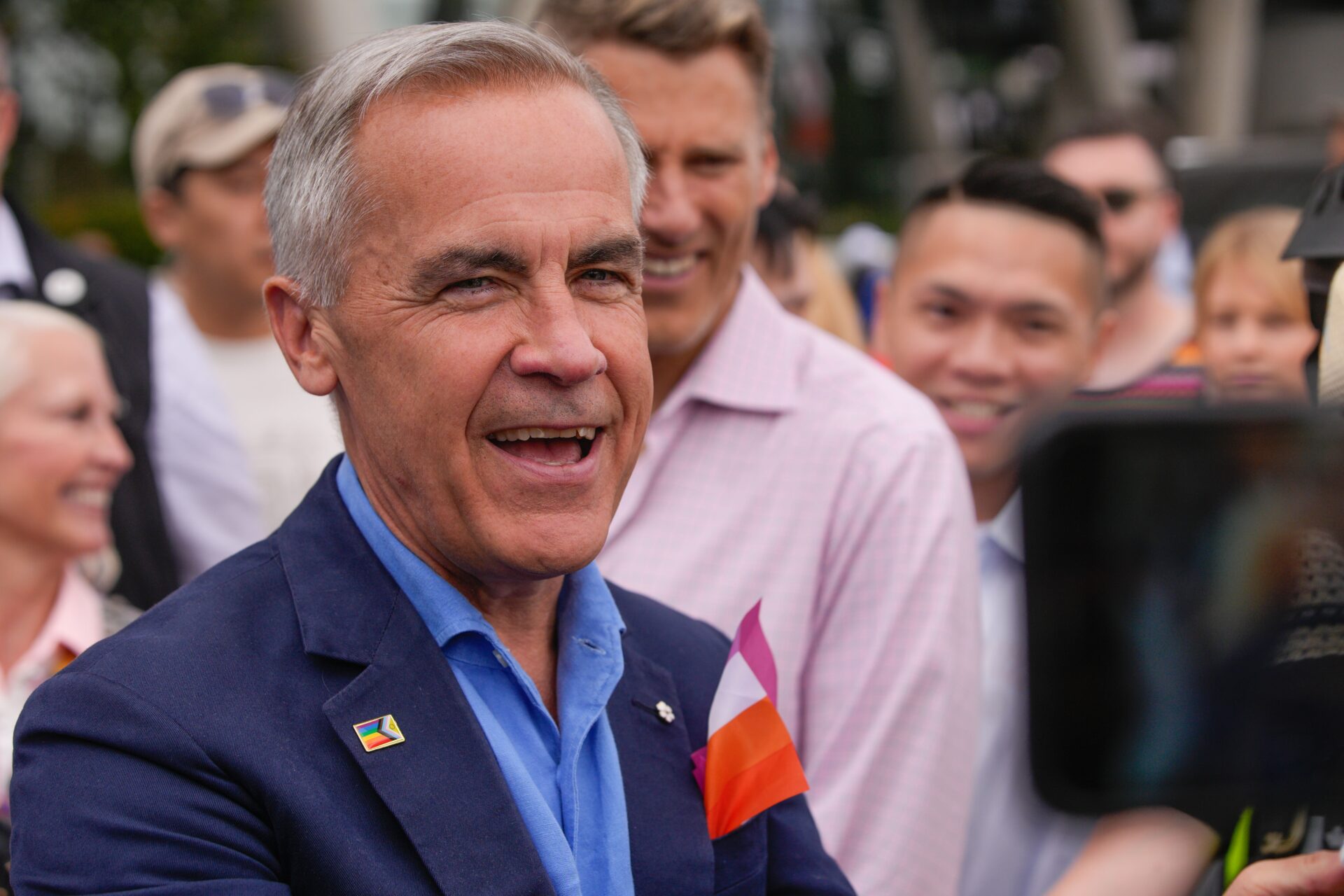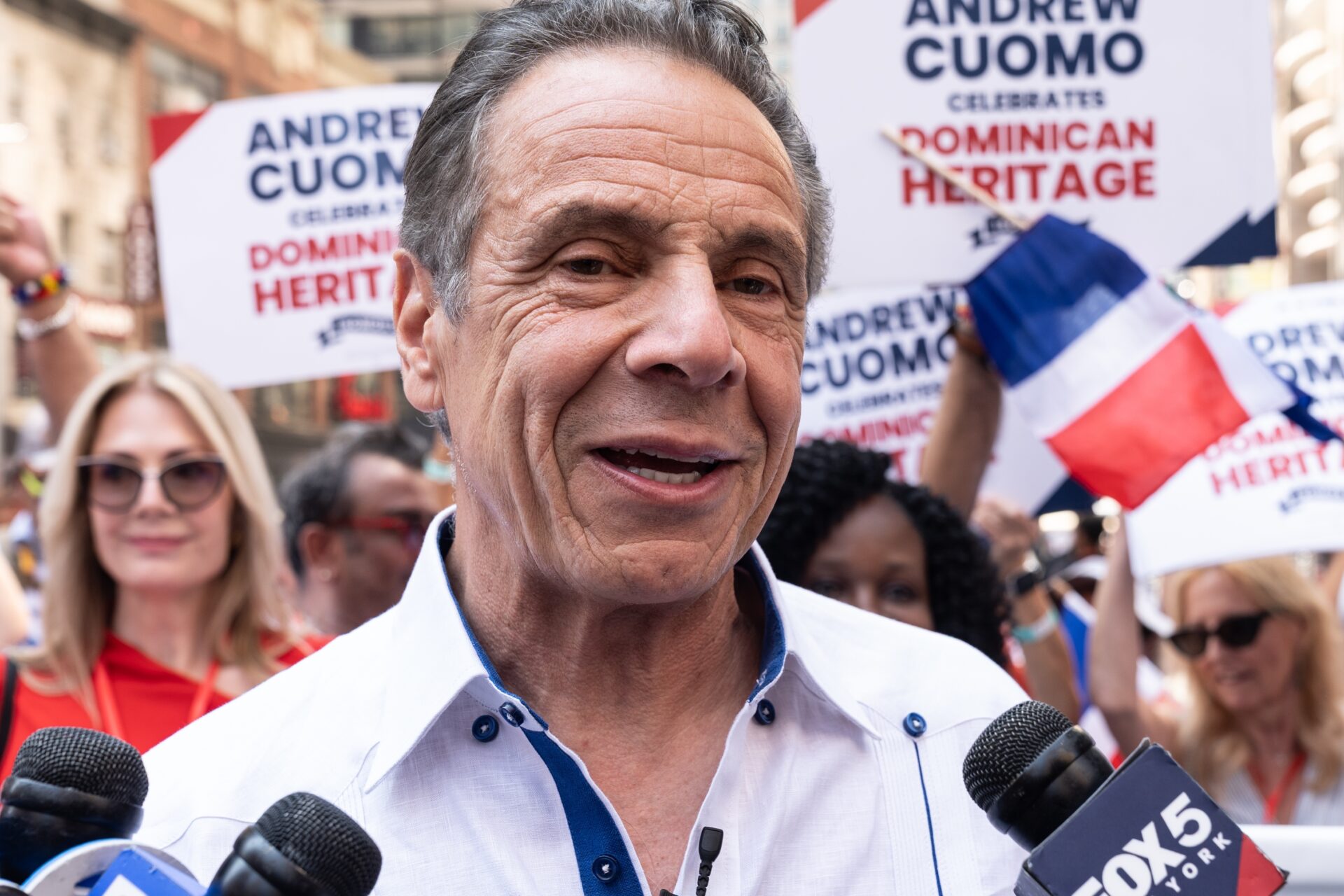
Grocery Chain TAKES ON Socialist Politics!
German discount retailer Lidl is rapidly expanding across New York City even as a mayoral candidate pushes for government-run grocery stores, raising questions about how private and municipal models will coexist.
At a Glance
- Lidl opened its first Brooklyn store in January 2025 and has since launched three more in the city
- Plans include multiple new locations in Brooklyn and Manhattan, including a 23,000 sq. ft. store on Grand Street
- NYC mayoral candidate Zohran Mamdani has proposed municipal grocery stores to address affordability
- Industry leaders warn private grocers may exit the market if city-run stores launch
- The debate highlights tensions between public solutions and private investment in the grocery sector
Lidl’s Expansion Strategy
Lidl has committed to a significant growth plan in New York City, signaling confidence in its competitive position. The company opened its first Brooklyn location in East New York in January 2025 and quickly announced plans for further sites in Park Slope, Downtown Brooklyn, and Crown Heights. By August 2025, Lidl had added three more stores, including one in Lower Manhattan, with leases signed for additional locations. Among them is a 23,000 square foot store planned for Grand Street on the Lower East Side.
Watch now: LIDL The NEWEST Supermarket In The Bronx! · YouTube
This expansion strategy emphasizes Lidl’s long-term investment in New York despite an uncertain policy climate. The company’s leadership appears focused on building a durable footprint, with store locations strategically chosen across diverse neighborhoods. Analysts note that Lidl’s approach highlights its confidence in competing on price and accessibility, especially in areas where grocery options remain limited.
Political Proposals and Industry Response
While Lidl continues its rollout, political discussions are shaping the backdrop of the city’s grocery sector. New York State assemblymember and mayoral candidate Zohran Mamdani has put forward a proposal to establish government-run grocery stores, arguing that municipal involvement could help lower food costs and reduce disparities in access.
The proposal has drawn mixed reactions. Supporters argue that city-owned stores could address long-standing issues in underserved neighborhoods, sometimes referred to as food deserts. Critics, including Gristedes CEO John Catsimatidis, have warned that introducing municipal competition could discourage private investment and even prompt some retailers to withdraw from the market. This reflects an ongoing debate over whether public or private solutions are best suited to tackle affordability and access in urban food systems.
Implications for Consumers and the Market
For consumers, Lidl’s rapid expansion increases grocery options and could contribute to downward price pressure. Discount retailers have historically reshaped competitive dynamics by offering lower-cost alternatives, and Lidl’s entry into multiple boroughs reflects this trend. Increased competition may benefit shoppers directly, particularly in neighborhoods with limited access to affordable groceries.
However, the possibility of municipal grocery stores introduces uncertainty for the sector. If such stores were established, they could shift market dynamics by changing pricing models and altering the balance between public and private retailers. While some consumers could see short-term gains in affordability, long-term outcomes for the grocery ecosystem remain unclear.
The New York case may serve as a precedent for other large cities considering similar models. International grocers and discount retailers will be watching closely, as municipal involvement in grocery markets could influence both expansion strategies and investment decisions in other urban centers.
Sources
IndexBox Blog
Chain Store Age
FOX Business
Schuckman Realty
Lidl US Press Release


